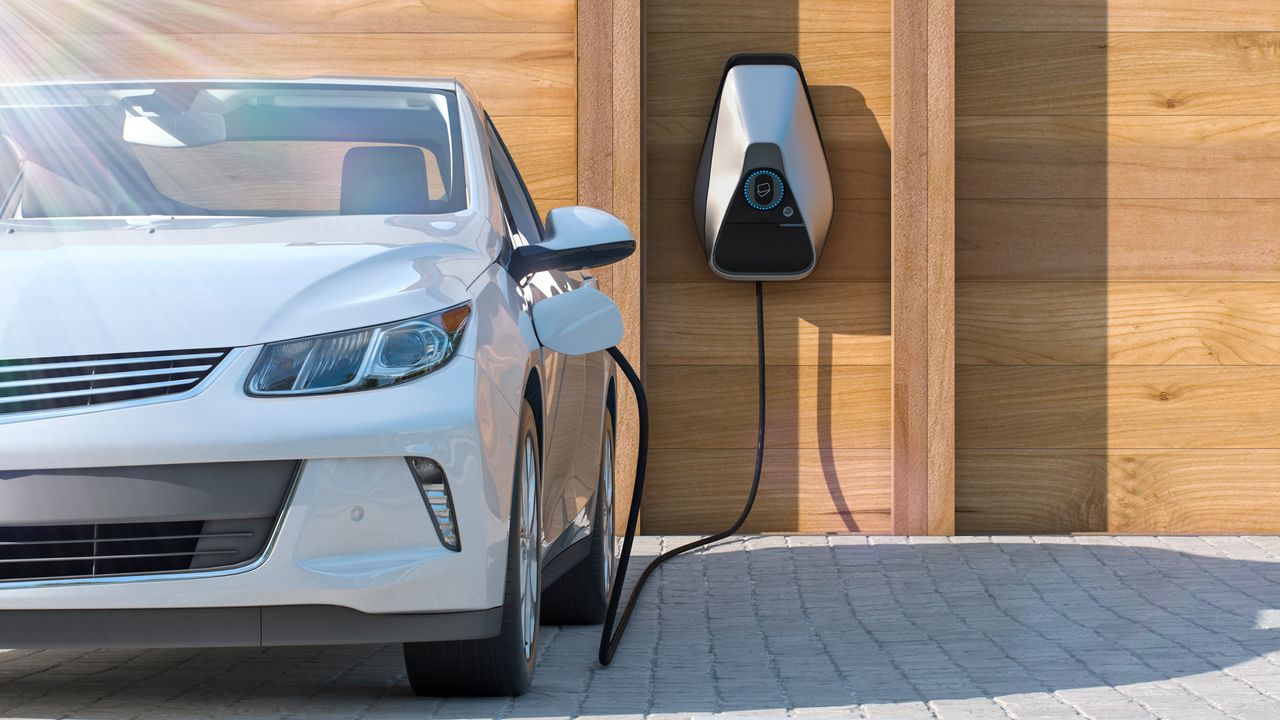Electric cars have been gaining popularity in recent years due to their potential to reduce emissions and increase energy efficiency. In this article, we will provide an overview of electric cars and their relationship with renewable energy.
Electric cars, also known as electric vehicles (EVs), are powered by an electric motor and a rechargeable battery. Unlike traditional gasoline-powered cars, EVs do not emit harmful pollutants into the air. This makes them a great option for those looking to reduce their carbon footprint and contribute to emissions reduction efforts.
One of the main benefits of electric cars is their energy efficiency. EVs are much more efficient than gasoline-powered cars because they convert a higher percentage of energy from the battery to power the wheels. This means that electric cars can travel farther on a single charge than a traditional car can on a tank of gas. Additionally, electric cars do not require oil changes or other routine maintenance that is necessary for gasoline-powered cars, which can save drivers time and money in the long run.
Another important aspect of electric cars is their relationship with renewable energy. Renewable energy sources, such as solar and wind power, are becoming more prevalent as the world looks to reduce its reliance on fossil fuels. Electric cars can be powered by renewable energy sources, which further reduces their carbon footprint and increases their environmental benefits.
One common concern about electric cars is their range. Many people worry that they will not be able to travel as far in an electric car as they would in a gasoline-powered car. However, this concern is becoming less of an issue as technology improves and charging infrastructure expands. Many electric cars now have a range of over 200 miles per charge, which is more than enough for most daily commutes. Additionally, charging stations are becoming more prevalent, which makes it easier for drivers to recharge their cars on longer trips.
In terms of cost, electric cars can be more expensive than traditional cars upfront. However, they often have lower operating costs over time due to their energy efficiency and reduced maintenance needs. Additionally, there are often tax incentives and rebates available for purchasing an electric car, which can help offset the initial cost.
Overall, electric cars offer a promising solution to reducing emissions and increasing energy efficiency. As renewable energy sources become more prevalent, electric cars will become an even more attractive option for drivers looking to reduce their carbon footprint. While there are still some concerns about range and cost, these issues are becoming less of a barrier as technology improves and infrastructure expands. If you are considering purchasing an electric car, be sure to do your research and consider the environmental and financial benefits.
